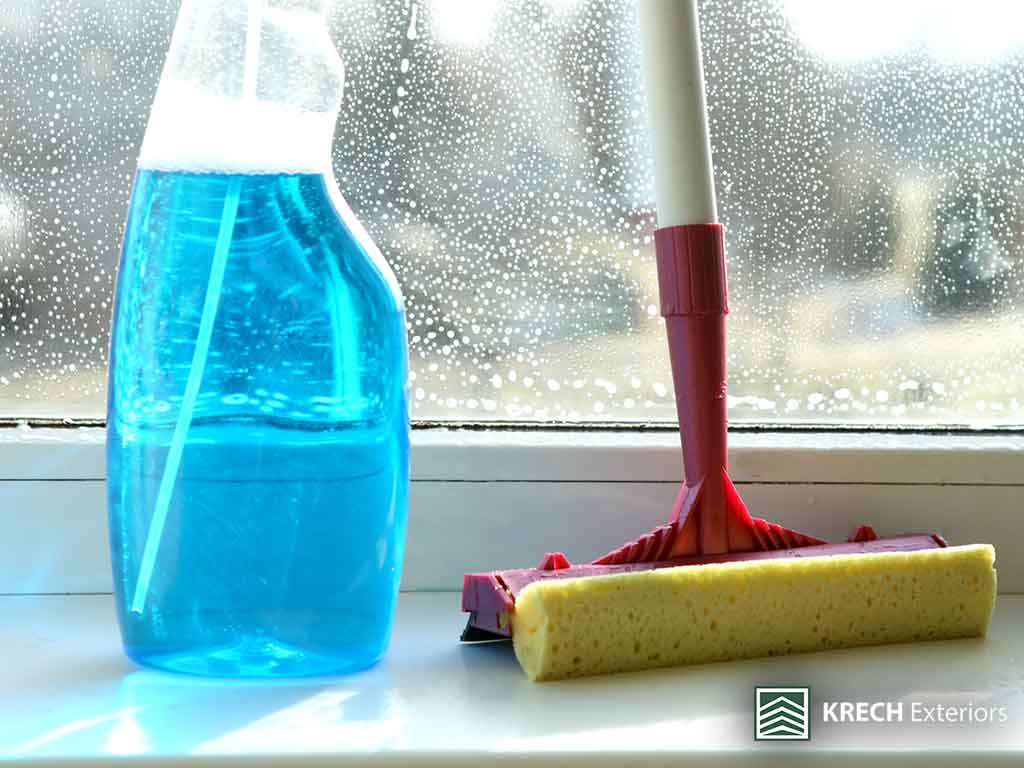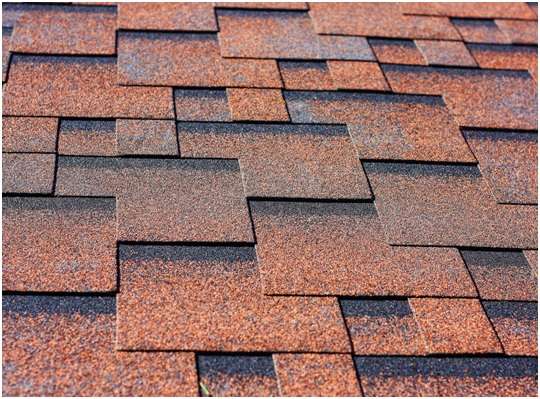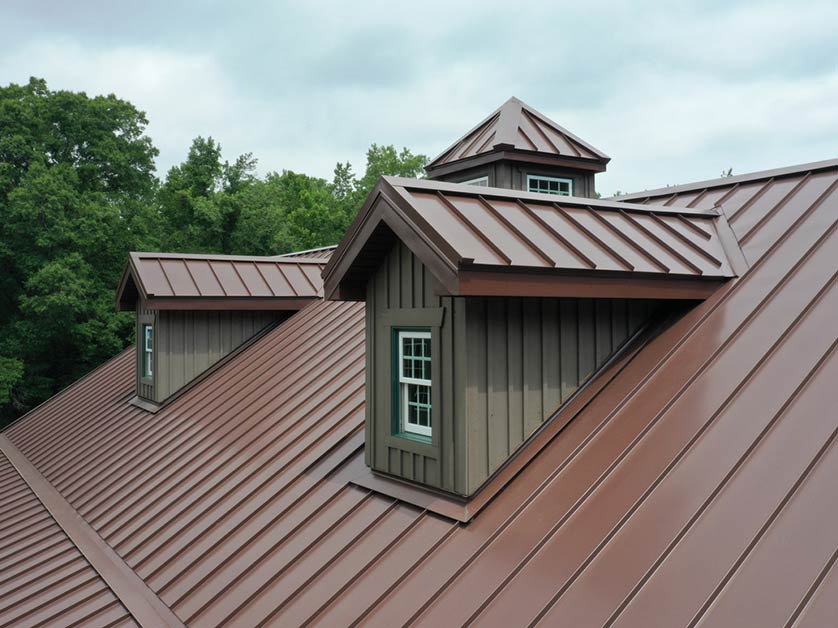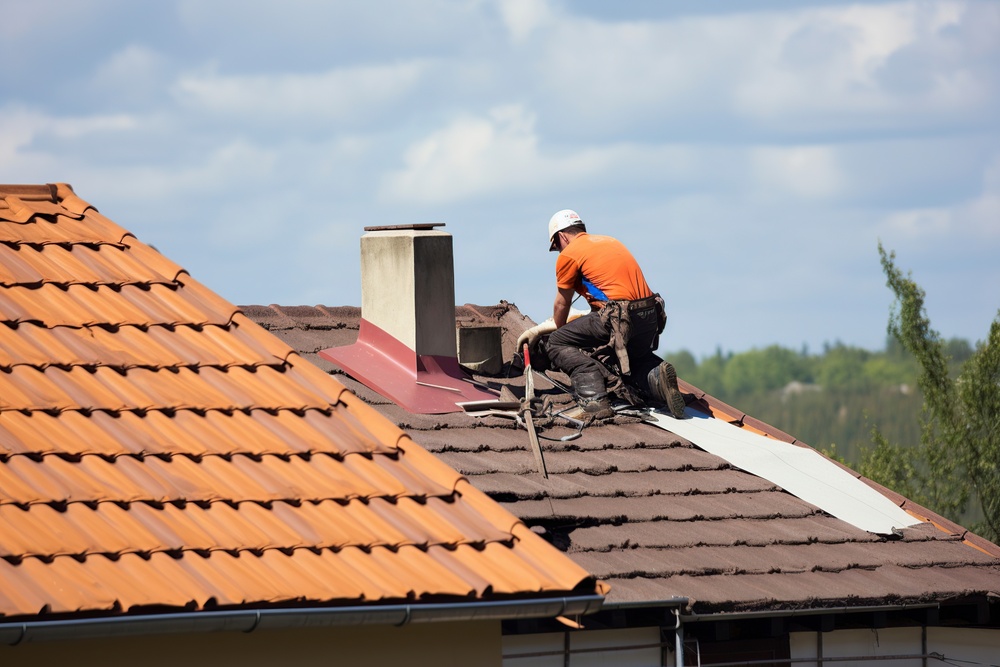Hard water is great for drinking, but really not meant for cleaning. However, various methods exist to alter the quality of water to make it ideal for specific purposes.
What Is Water Quality?
The chemical, biological and physical composition determines the quality of water. Bacteria, viruses, salts and pesticides are the most common pollutants found in untreated water. Experts use different kinds of indicators to check the quality of water, including pH, color, odor, taste and alkalinity. They also look for bacteria, metals and organic matter in the water. While government agencies control the level of contamination in drinking water, certain amounts of contaminants are permitted in tap water.
Total Dissolved Solids and Hard Water
Total dissolved solids (TDS) are organic and inorganic materials found in water. The glass of your windows can get streaks if the water used has a high level of TDS. These levels are measured at 20 parts per million (ppm) or higher. To prevent streaks, the water quality level shouldn’t be over 20 ppm.
The more dissolved minerals there are, the harder the water is and the less effective it becomes for cleaning. Minerals in water, such as magnesium and calcium, can reduce the cleaning and foaming effects of soap.
Effective Window Cleaning
Softening water involves removing TDS in water to make it more effective for cleaning. Soft water doesn’t need as much soap for thorough window cleaning. With soft water, spots or streaks won’t form on the glass surface. It can also help extend the lifespan of windows since mineral deposit buildup is avoided.
Sometimes, cleaning isn’t enough to restore the appearance of your windows. If this is the case, you may need to have them replaced.
Whether you’re looking for a reliable roofer or window installer, you can rely on Krech Exteriors. Call us at (651) 688-6368, or fill out our contact form to request an estimate. We work with homeowners in Minneapolis and St. Paul.





